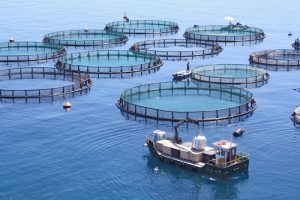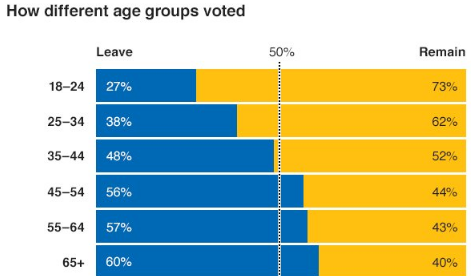The Case for Farmed Fish: Aquaculture could help save wild fisheries from devastation.
 It’s time to take a second look at fish farms. Environmentalists, not to mention foodies, tend to turn up their noses at fish farms. It’s true that badly managed fish farms can be a source of water pollution and other environmental problems. But sustainable fish farming would have major environmental benefits.To begin with, fish farming provides an alternative that may reduce pressures on wild fish stocks. Fish are a major source of protein in many parts of the world, and the result has been massive damage to wild fisheries and ecosystems. But fish farming is a growing alternative.
It’s time to take a second look at fish farms. Environmentalists, not to mention foodies, tend to turn up their noses at fish farms. It’s true that badly managed fish farms can be a source of water pollution and other environmental problems. But sustainable fish farming would have major environmental benefits.To begin with, fish farming provides an alternative that may reduce pressures on wild fish stocks. Fish are a major source of protein in many parts of the world, and the result has been massive damage to wild fisheries and ecosystems. But fish farming is a growing alternative.
In 2012, fish farming produced ninety million tons of fish at a value of $144 billion, and the amount continues to rise, with China as the largest producer. The World Bank projects that farmed fish could provide an increased role in providing protein to the also-increased world mid-century population. For that reasons, a substantial expansion of sustainable aquaculture (primarily of herbivorous fish) could reduce pressure on wild stocks and could potentially also reduce demand for other forms of animal protein such as beef.
In terms of the United States, the food guideline advisory group found that expanding aquaculture can provide sufficient seafood to comply with dietary guidelines. The advisory group called for sustainable productivity gains while maintaining the high nutrition level of wild seafood. In addition, they concluded, “farm-raised finfish (e.g., salmon and trout) is more sustainable than terrestrial animal production (e.g., beef and pork) in terms of GHG emissions and land/water use.”
Environmentally, there’s no free lunch. People need protein, and the main sources are (1) meat and other products from farm animals, (2) soybeans and other legumes, and (3) fish. None of these sources is free of environmental risks. But fish are a healthier and potentially more sustainable source than farm animals, and farmed fish may have fewer environmental costs than wild ones. We shouldn’t let our sense that fish farming is “unnatural” get in the way of environmentally sensible choices. Read More
Read the entire article at Legal Planet
This was originally published on Legal Planet written by Dan Farber






Leave a Reply